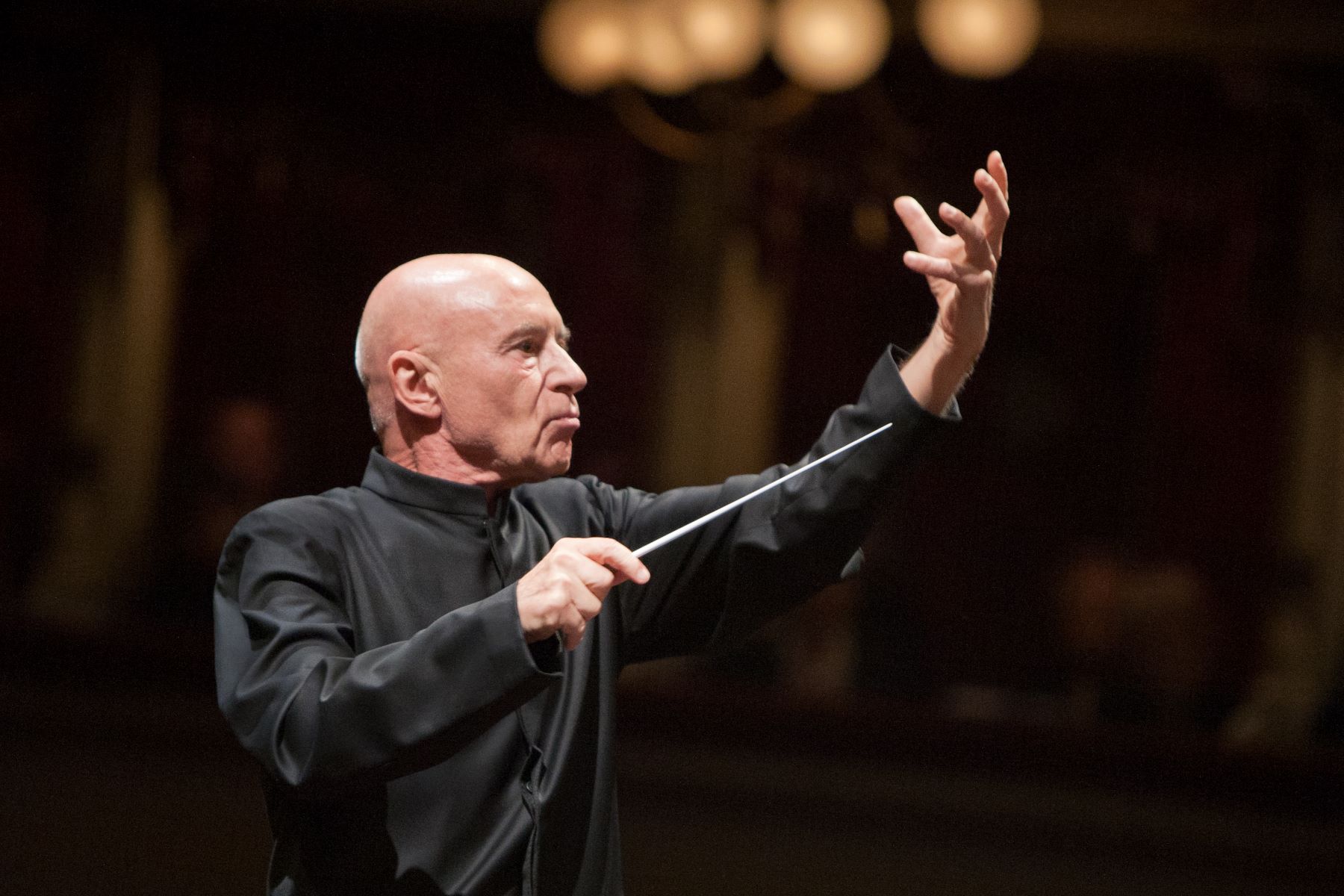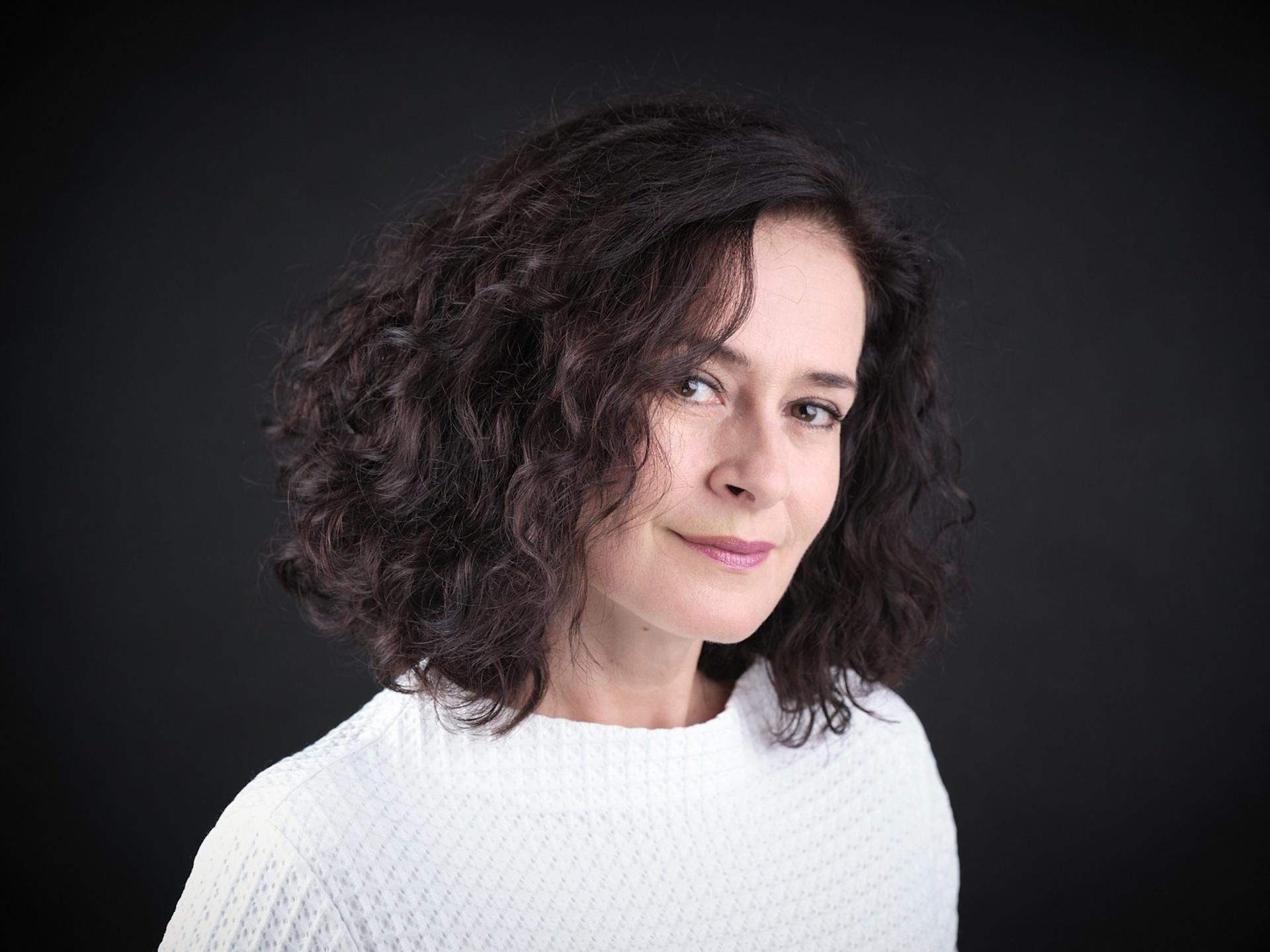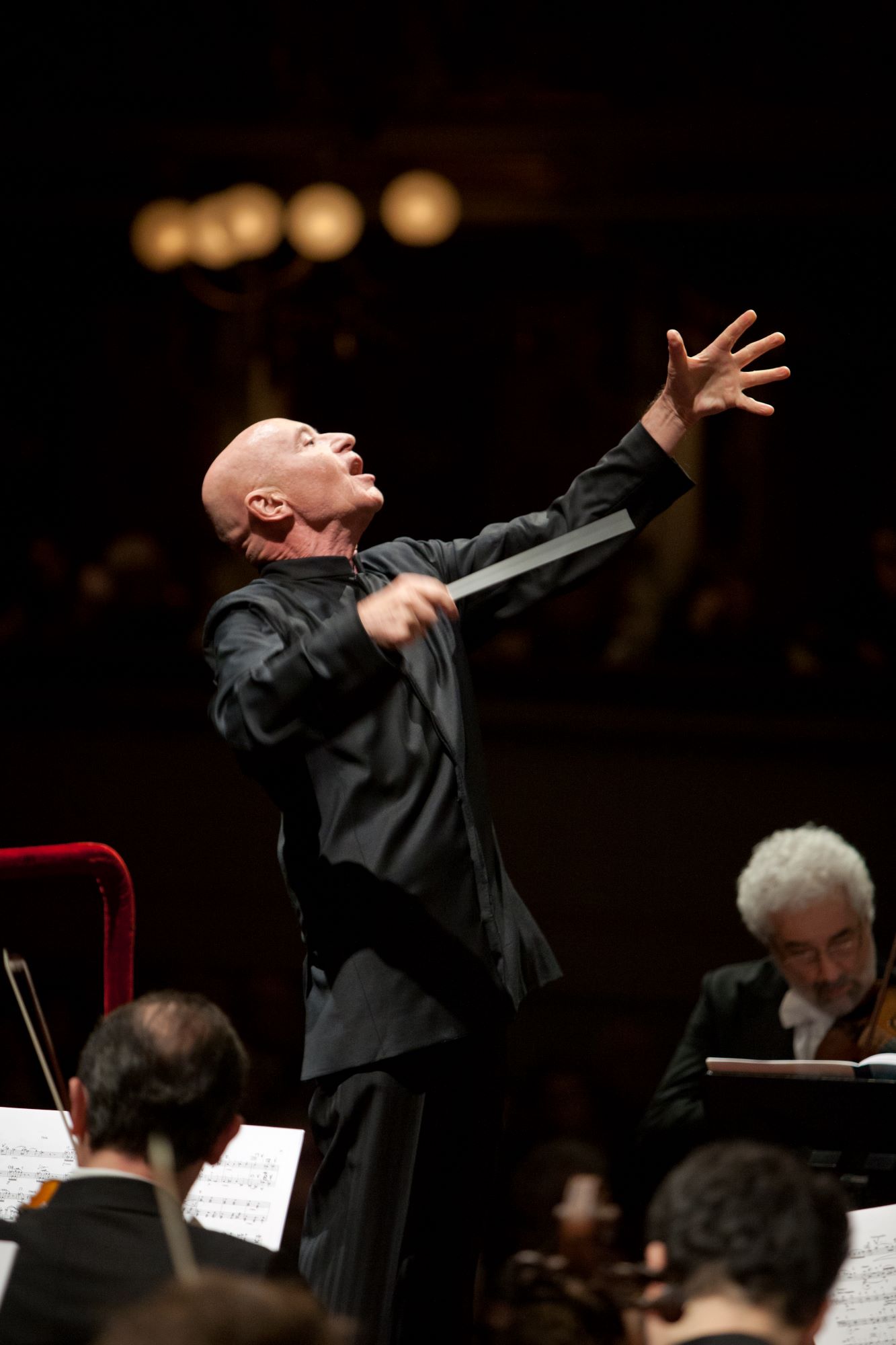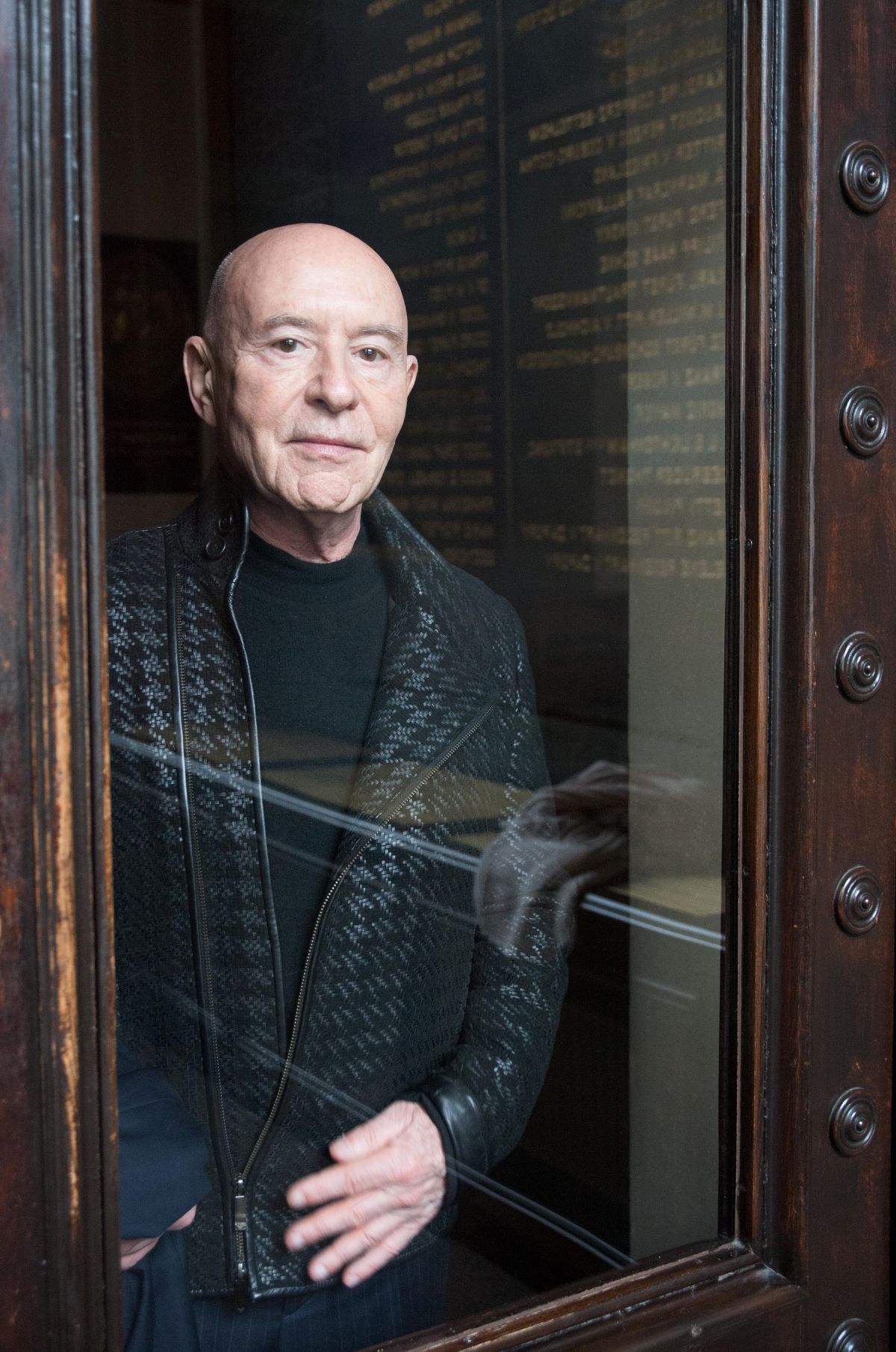Finale of the Prague Spring Festival with “Ode to Joy”
The Prague Spring Festival will culminate on Friday evening in the Municipal House with the performance of Symphony No. 9 with “Ode to Joy” by Ludwig van Beethoven, a work traditionally associated with the end of the festival. The festive program, in which the Czech Philharmonic, the Prague Philharmonic Choir and four top soloists will be led by German conductor Christoph Eschenbach, will bring together Beethoven’s music with Johannes Brahms’ Schicksalslied (Song of Destiny) and Gÿorgy Ligeti’s masterful Atmosphères. By including this short, but essential work for the music of the 20th century, the festival joins the world’s cultural institutions that are commemorating the 100th anniversary of Ligeti’s birth this year.
“The human spirit and its desire to discover, to search for light and joy – this is how the program of the final concert, in which Christoph Eschenbach will connect the works of three different musical epochs,” characterizes the Prague Spring Festival programme director Josef Třeštík.

Together with the Czech Philharmonic and the Prague Philharmonic Choir, soloists Simona Šaturová, Lucie Hilscherová, Steve Davislim and Jan Martiník will perform at the concert.
“I was really looking forward to working with conductor Eschenbach again. It was he who stood at the beginning of my international career and we cannot forget the joint concerts in Paris, Hamburg, New York or Granada. Many of them belong to my most intense musical experiences ever,” says soprano Simona Šaturová about the artistic collaboration.
Beethoven’s Symphony No. 9 ranks among the most performed festival works, it was performed more than eighty times at the Prague Spring. The first time was in 1949 when the Czech Philharmonic performed under the direction of Erich Kleiber. At the festival, world-class conductors such as Leonard Bernstein (1990), Zubin Mehta (1963), Lorin Maazel (1985) or Vladimir Ashkenazy (1988) were presented with this work. The last time the Ninth Symphony was heard by the festival audience was in 2010.

Christoph Eschenbach is one of the living legends of the conductor’s baton. A native of Wrocław, he was orphaned during the war and grew up with relatives in Aachen. He started his artistic career as a successful pianist. With the support of Georg Szell and Herbert von Karajan, he began performing as a conductor and became one of the most successful of his generation. During his fifty-year career, he was chief conductor of major ensembles such as the Tonhalle Zürich, the Orchester de Paris, and the Philadelphia Orchestra, and he conducted all major world orchestras, including the Berlin and Vienna Philharmonics. From 2019 until the end of the current season, he is the music director of the Berlin Konzerthaus.
Eschenbach’s artistic profile is characterized by an unceasing artistic search, collaboration with the best artists and support of young talents. He is credited with the “discovery” of such musicians as pianist Lang Lang, violinist Julia Fischer or cellist Daniel Müller-Schott. He presented himself as a pianist for the first time at the Prague Spring on May 25, 1968, when under the direction of conductor Carlos Kleiber and with the Prague Symphony Orchestra performed Robert Schumann’s Concerto for piano and orchestra in A minor. Radioservis and Prague Spring Festival released this concert last year as part of their Gold Edition III.

The evening will be opened by Ligeti’s innovative Atmosphères, a piece that it is an exaggeration to say that everyone has heard, but few know about. One of the most important works of timbre music, where sound color serves as the most important building block, was used by director Stanley Kubrick in the famous film 2001: A Space Odyssey. The program will continue with the Schicksalslied (Song of Destiny) for chorus and orchestra, in which Johannes Brahms sets to music Friedrich Hölderlin’s poetic text oscillating between heavenly heights and human suffering to culminate in Beethoven’s monumental symphony with Friedrich Schiller’s “Ode to Joy” in the last movement.
The program and cast of the Final Concert of Prague Spring Festival on June 2 is identical to the concert called Beethoven’s Ninth a day earlier on June 1.







